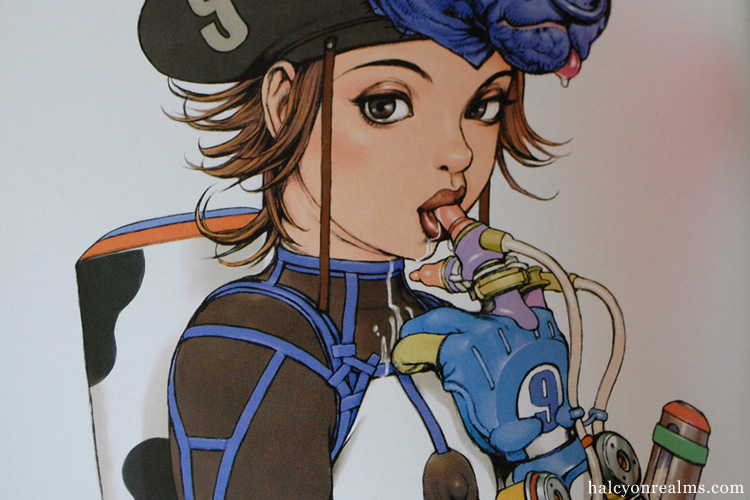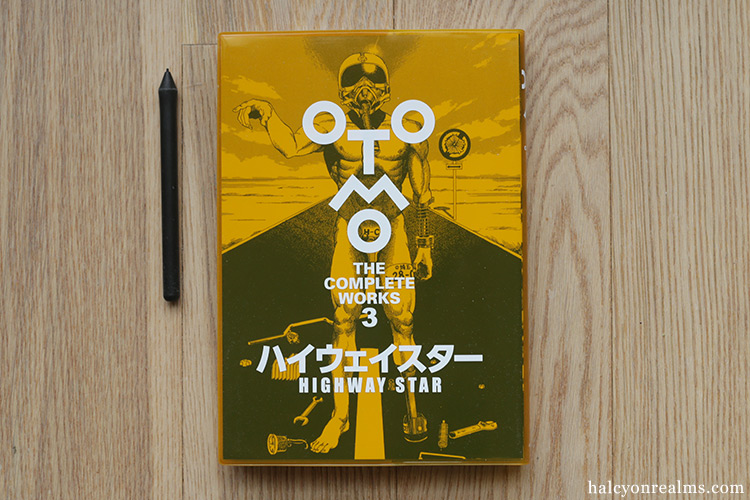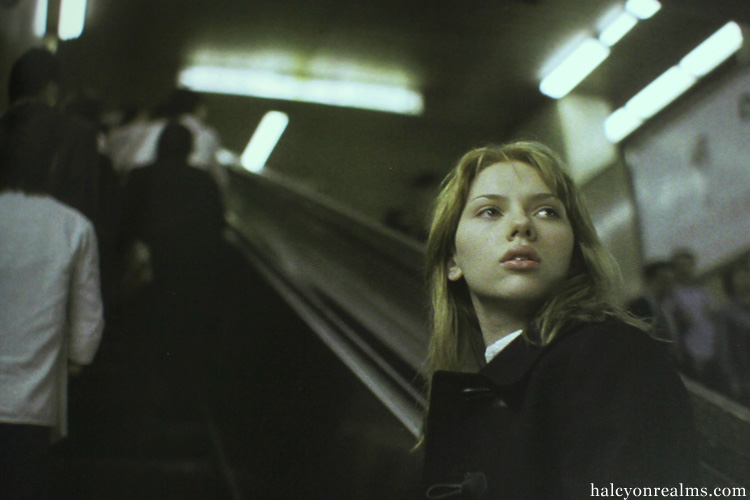Watching 2 unsettling shows in one evening is no joke. Wim Wenders Wings of Desire wasn’t exactly easy to understand in parts with its poetic lines and in Tsai Ming Liang’s What Time is it there ? with its adamant treatment of static shots, had me screaming in my mind just waiting for something to happen on screen. After the show I struggled to convince my mind and eyes that things really do move more often and hope that the show hadn’t burned an after image in my brain like a static screen on a monitor left on for too long.
But latter show still had its fair share of interesting parts to balance up its visual rigidity. Here is an excerpt from the review in Sight and Sound :
What Time is it there ? is a perfect paradox : hermetic but open, blank but expressive, grim but droll. Focusing on grungy daily routines and another intricate pattern of cross-cutting which suggests ‘mystical’ links between seemingly unrelated events. The emphasis in this film is on bereavement and mourning, and the splitting of the action between two continents. As usual in his later films, Tsai sets out the terms of his conundrum with deadpan wit and undercurrents of dark humour. The notion of ‘time difference’ – the seven hours that separate Taipei and Paris in winter – yields the string of sight gags in which Tsai’s fetish actor Li Kang Sheng roams Taipei resettling clocks to Paris time. ( since there is no plot as such, the escalating risk and absurdity of this quest provides the momentum needed to carry the film through its entire central section. ) But the film also proposes at least two other ways of thinking about ‘time difference’. One is the gap between youth and old age, embodied here by Jean-Pierre Leaud, who appears as the young Antoine Doniel in a Truffaut clip and as ‘dubious old man in cemetery’ when he gives his phone numner to the defenceless Shiang Chyi. The other is the gap between the living and the dead, embodied in the mother’s batty idea that her late husband’s spirit has come home in a different time zone – and idea obliquely confirmed by the film’s enigmatic ending.
The only material link between Hsiao kang in Taipei and Shiang Chyi in Paris is a wristwatch that shows two time zones; it may or may not also house the wandering spirit of Hsiao Kang’s father. From this one small object, Tsai extrapolates both the parallels which structure the cross-cutting ( a modern columbarium in Taipei, a 19th century cemetery in Paris, a road killed dog in Taipei, steak Tartare in Paris, and so on ) and the Big Idea which permeates the film : the possibility that reincarnation maybe (a) literally true (b) poetically credible or (c) a valid metaphor for the process of coming to terms with bereavement. By design, the film ends with a symmetrical shot of a perfect circle – actually the millenium ferries wheel by the Tuileries – connoting both narrative closure and the wished for fantasy of cyclical return.









